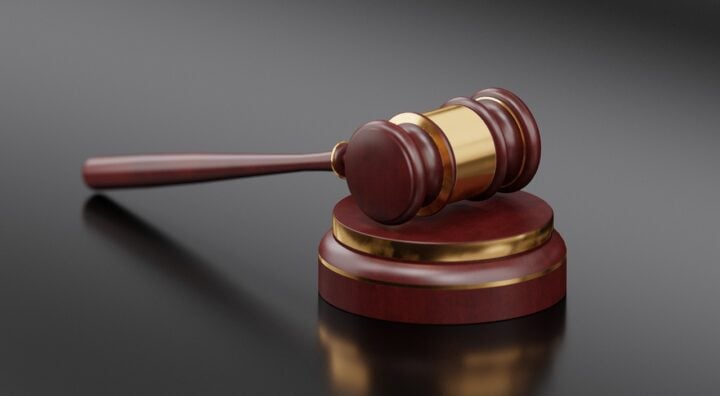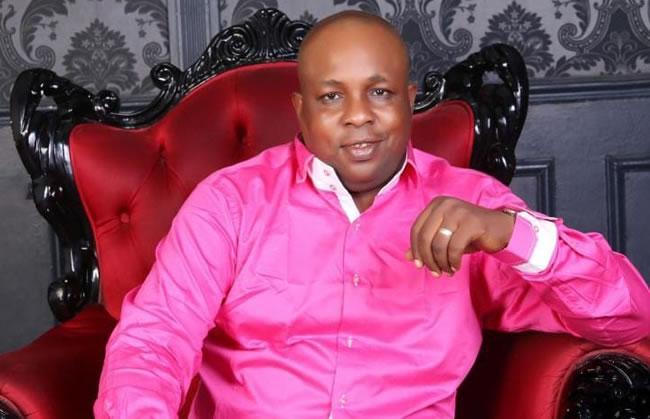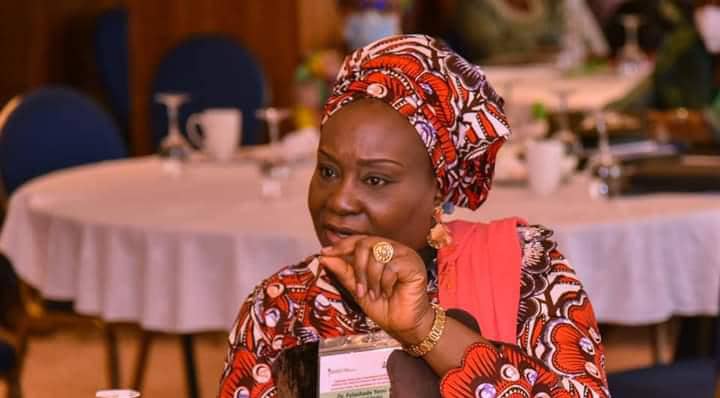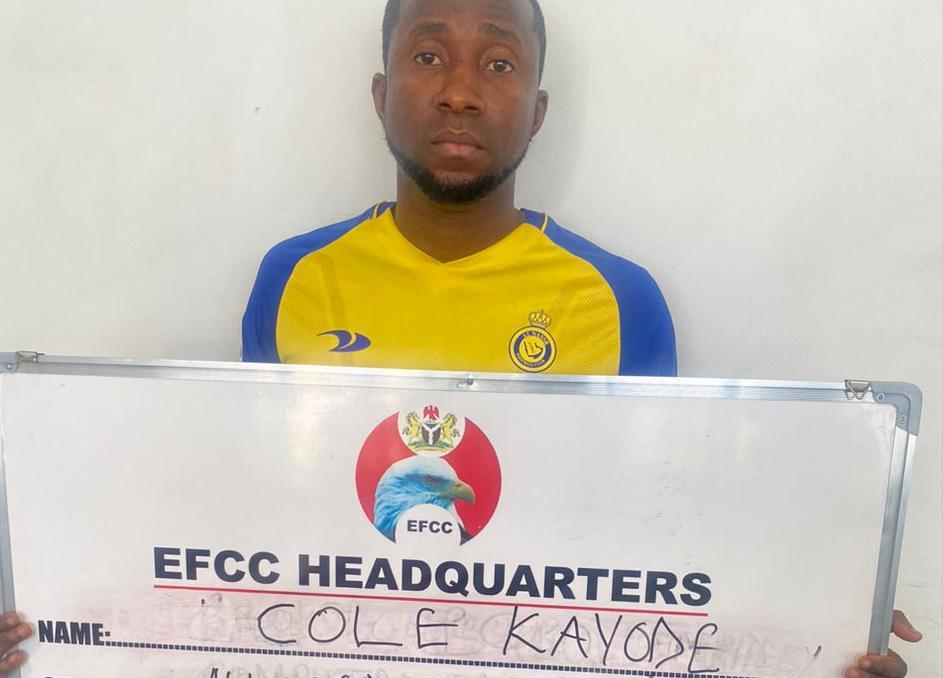A gavel
A federal high court in Abuja has dismissed a suit seeking to stop the conduct of elections and examinations on Saturdays.
The suit was instituted by one Ugochukwu Uchenwa, a member of the Seventh-day Adventist Church, who argued that conducting elections and examinations on Saturdays infringes on his right to worship.
The Seven-day Adventist church holds its worship on Saturdays.
Uchenwa prayed the court to declare the fixing of elections and examinations on Saturdays as unconstitutional.
Advertisement
In the alternative, the plaintiff prayed the court to order the defendants to allow him and other members of his church to vote or sit for examinations on any other day of the week, including Sundays.
Delivering judgment on Wednesday, James Omotosho, the presiding judge, held that the suit was “frivolous, vexatious, irritating, and baseless”.
Omotosho added that the fundamental rights being claimed by the plaintiff were not at large and could not be curtailed by a government policy.
Advertisement
“The Seventh-day Adventist Church is in the minority in Nigeria and its doctrine could not be imposed on the majority of other religious denominations in the country,” the judge said.
Addressing journalists after the judgment, Benjamin Ahaemefule, counsel to the plaintiff, said that his client could appeal the verdict of the federal high court.
“The court agreed with us that it has jurisdiction to hear our matter,” he said.
“The court also agreed with us that elder Uchenwa has the locus standi to institute the action for the enforcement of his fundamental rights and those of the entire members of the Seventh-day Adventist church Nigeria.
Advertisement
“The court agreed with us that the rights of the Adventists are breached.
“The court, however, refused to enforce our rights, saying that Adventists are in the minority and not in the majority.
“The court held that although our rights are infringed upon, the infringement is legally necessary and justifiable.
“So the court refused to grant our substantive request because it said that granting it would open a floodgate of litigation by other citizens of Nigeria who will come out to enforce their own rights.
Advertisement
“The court erred in law when it held that although the Adventists have cause of action but that right can not be enforced because the Adventists are in the minority.”
Advertisement






